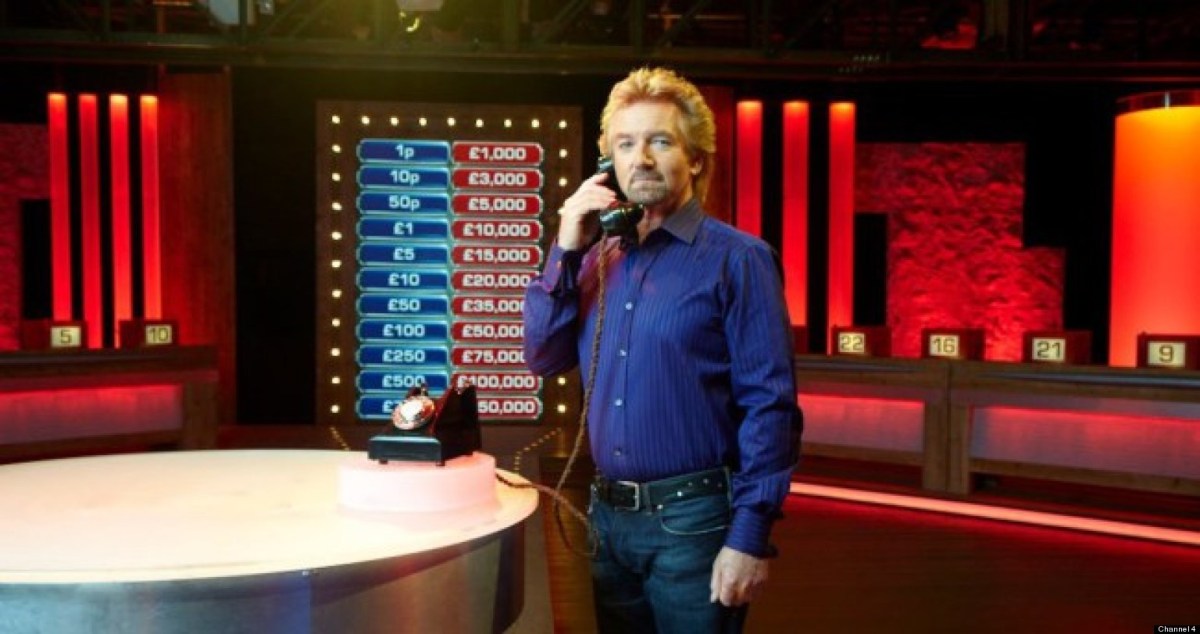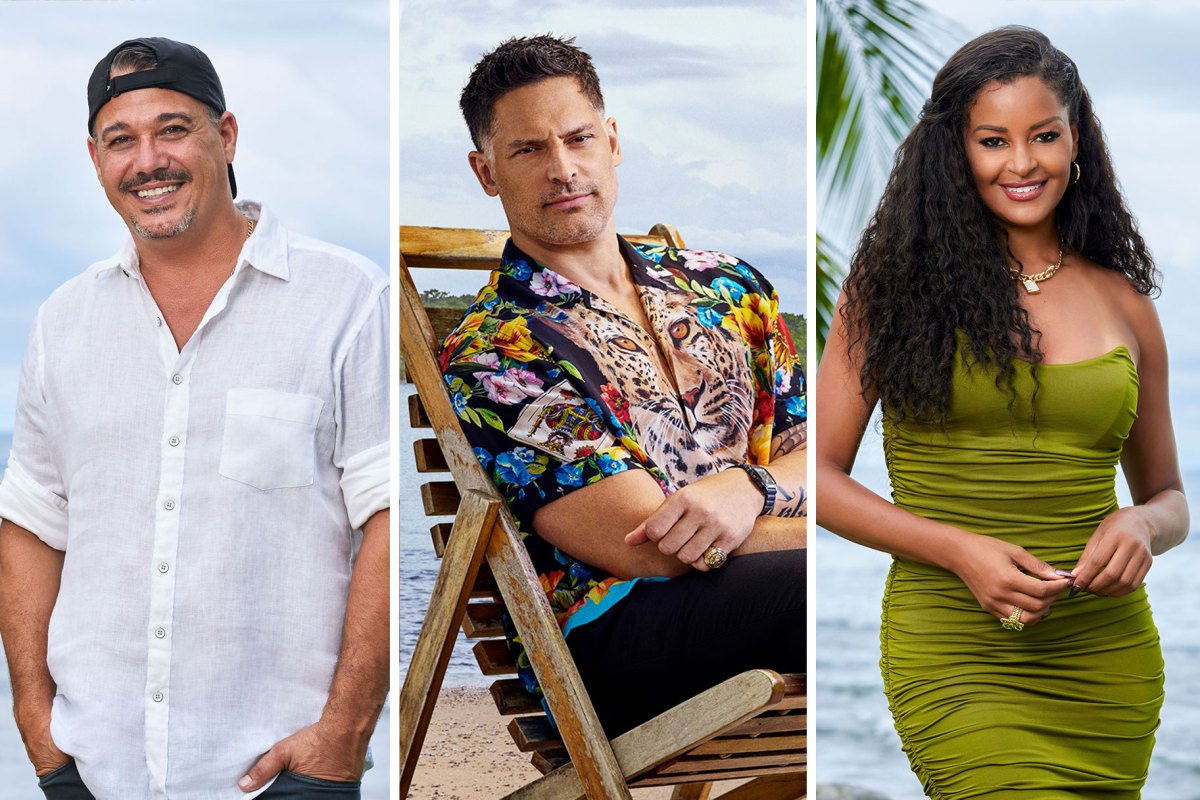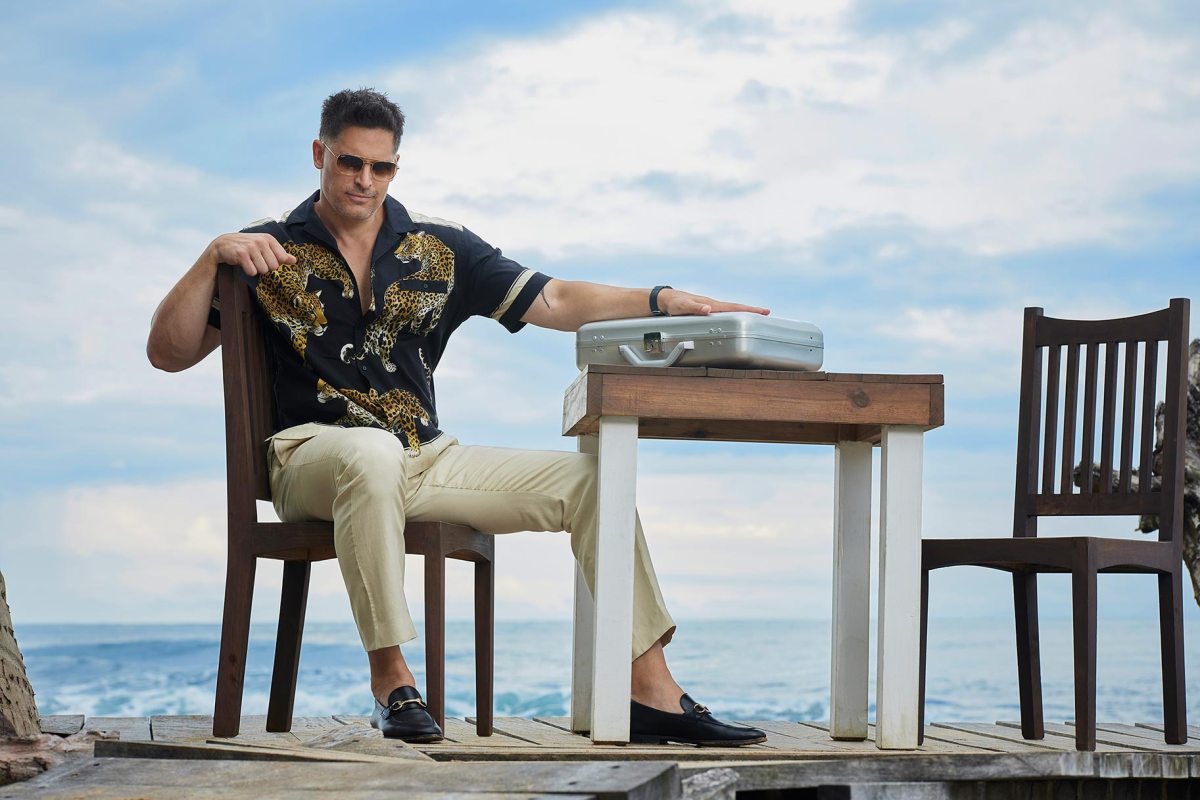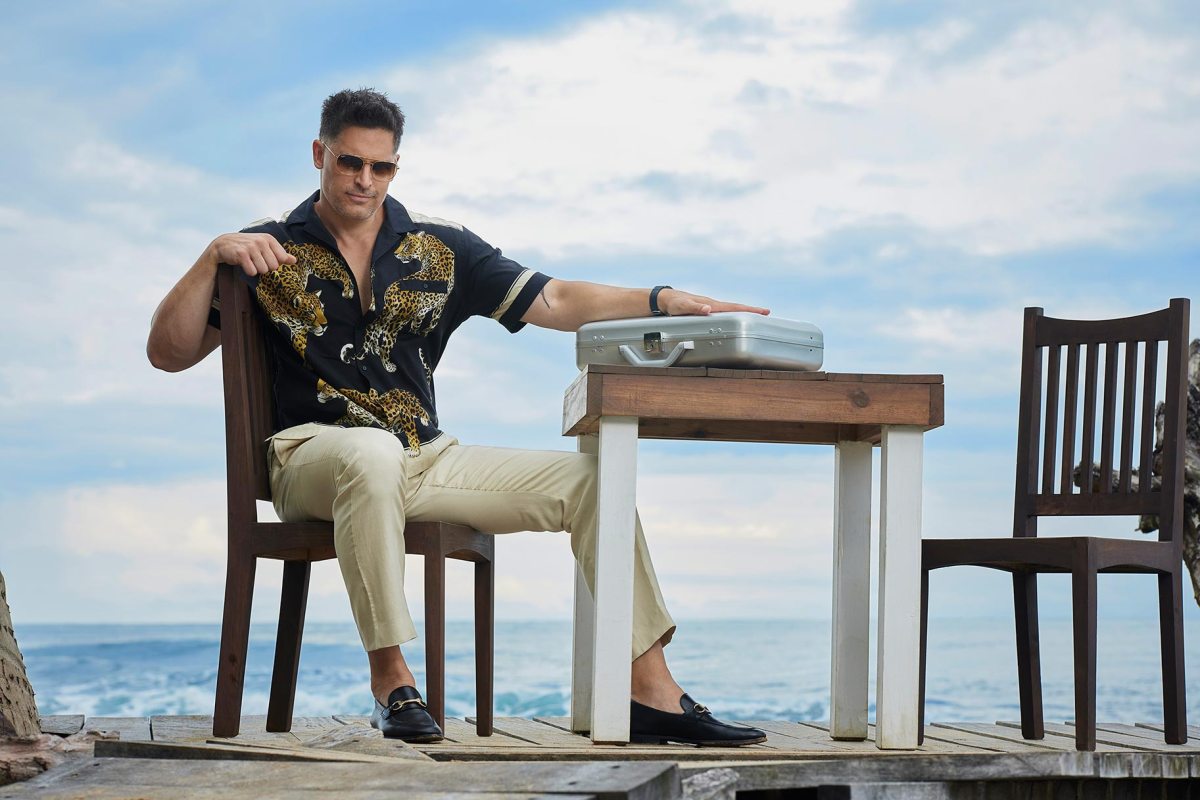Deal or No Deal Island contestants face a unique blend of challenges: the thrill of potentially winning big money, the psychological pressure of strategic decision-making, and the isolating effects of a remote island environment. This exploration delves into the selection process, the strategies employed, the personalities involved, and the lasting impact on the contestants’ lives. We’ll examine how the island setting itself shapes behavior and uncover the common threads connecting those who succeed and those who don’t.
From the initial application process to the post-show adjustments, we’ll uncover the behind-the-scenes aspects of this high-stakes reality show. We’ll analyze successful strategies, common pitfalls, and the role of emotional factors in gameplay. We’ll also profile contestants, comparing their backgrounds, personalities, and ultimate outcomes, providing a comprehensive look at this compelling television phenomenon.
Remember those Deal or No Deal Island contestants? Their lives changed dramatically, and sometimes that kind of life-altering shift makes you think about bigger moves. For those considering a permanent change of scenery, maybe checking out the IRCC express entry draw could be a smart next step. It might even feel like winning a briefcase full of opportunities, just like those lucky contestants!
Contestant Selection for Deal or No Deal Island: Deal Or No Deal Island Contestants
The selection process for Deal or No Deal Island is rigorous, aiming to find contestants who will provide compelling television. The producers seek individuals with diverse backgrounds, engaging personalities, and a willingness to embrace the challenges of the isolated island environment. The process involves multiple stages, designed to weed out unsuitable applicants and identify those with the right mix of risk tolerance, strategic thinking, and on-screen charisma.
Contestant Selection Process, Deal or no deal island contestants
The criteria for selecting contestants prioritize a balance of personality, strategic thinking, and entertainment value. Applicants typically submit an online application including a video introduction and answer a series of questions designed to assess their suitability. The number of applications received varies yearly but typically runs into the thousands. This initial screening narrows the field considerably. Compared to other reality shows, the Deal or No Deal Island selection process places a stronger emphasis on psychological profiling to ensure a diverse and engaging cast.
The ideal contestant exhibits a blend of vulnerability and resilience, capable of handling both high-stakes decisions and the emotional strain of isolation. The process is more akin to shows that focus on interpersonal dynamics and strategic gameplay, rather than solely on physical challenges or specific skills.
| Stage | Criteria | Contestants Eliminated |
|---|---|---|
| Initial Application | Video submission, questionnaire | Thousands |
| Phone Interviews | Personality assessment, basic background check | Hundreds |
| In-Person Interviews | Personality testing, strategic game assessment | Dozens |
| Background Checks & Psychological Evaluations | Thorough background check, psychological profiling | Several |
Contestant Strategies and Gameplay
Successful contestants on Deal or No Deal Island often employ a combination of calculated risk-taking and emotional control. Some adopt a highly aggressive strategy, aiming for the highest possible payout, while others play conservatively, prioritizing security over potential rewards. Understanding the probability and potential outcomes of each decision is crucial. The impact of emotional factors, such as fear, greed, and desperation, can significantly influence decision-making.
A clear understanding of one’s own risk tolerance is also essential.
| Strategy | Description | Outcome Example | Risk Level |
|---|---|---|---|
| Aggressive | High-risk, high-reward approach. | Winning a large sum but also risking everything. | High |
| Conservative | Low-risk, low-reward approach. Prioritizes securing a moderate sum. | Guaranteed smaller win, avoiding potential losses. | Low |
| Strategic | Carefully analyzing probabilities and adapting strategy based on revealed amounts. | Potentially maximizing winnings through calculated choices. | Medium |
| Emotional | Decisions heavily influenced by fear, greed, or other emotions. | Potentially poor outcomes due to impulsive choices. | Variable |
Contestant Backgrounds and Personalities

Contestants on Deal or No Deal Island represent a wide range of backgrounds and personalities. While some common traits emerge among successful contestants – such as resilience and strategic thinking – the show’s appeal lies in the diversity of its participants. Comparing the personalities of big winners with those who didn’t fare as well reveals interesting patterns, highlighting the impact of emotional intelligence and risk tolerance on the outcome.
Successful contestants often demonstrate a calm demeanor under pressure, a willingness to adapt their strategies, and a clear understanding of their own limitations.
| Name | Occupation | Strategy | Outcome |
|---|---|---|---|
| (Example 1) | (Example Occupation) | (Example Strategy) | (Example Outcome) |
| (Example 2) | (Example Occupation) | (Example Strategy) | (Example Outcome) |
| (Example 3) | (Example Occupation) | (Example Strategy) | (Example Outcome) |
The Impact of the Island Setting
The isolated island environment plays a significant role in shaping contestant behavior and decision-making. The lack of external distractions intensifies the pressure of the game, amplifying both positive and negative emotions. Social dynamics among contestants, including alliances and rivalries, can significantly impact their strategies and overall experience. Physical challenges, such as harsh weather conditions or limited resources, can add another layer of complexity, testing contestants’ mental and physical resilience.
Deal or No Deal Island contestants faced tough choices, needing serious strategy to win big. Thinking about their high-stakes decisions makes me wonder about calculated risks in other areas, like the ones explored in this awesome game changer movie review I just read. It really got me thinking about how contestants’ gut feelings compared to a more analytical approach – just like the movie’s characters had to do!
Compared to studio-based reality shows, the island setting creates a more immersive and intense experience, forcing contestants to confront their own limitations and vulnerabilities. The visual aspects of the island, from its lush vegetation to its rugged coastline, contribute to the show’s overall atmosphere, enhancing the sense of isolation and adventure.
Imagine a pristine beach, fringed by swaying palm trees, contrasting sharply with the imposing cliffs that rise dramatically from the shore. The turquoise waters lap gently against the sand, creating a deceptively peaceful backdrop for the high-stakes game unfolding. The sun beats down relentlessly during the day, while evenings bring cooler breezes and the sounds of the ocean, a constant reminder of the contestants’ isolation.
Remember those Deal or No Deal Island contestants? Their lives probably weren’t as stressful as choosing between a briefcase and a top-tier graphics card like the nvidia geforce rtx 5070 ti , which would’ve made their post-show video editing a breeze. Imagine the possibilities for those contestants – maybe they could’ve even streamed their post-show adventures in stunning 4K!
Post-Show Experiences of Contestants

The experience of participating in Deal or No Deal Island can have a profound and lasting impact on contestants’ lives. Some experience significant positive changes, such as increased financial security or newfound confidence. However, others may face challenges adjusting to life after the show, including dealing with media attention, managing newfound wealth, or addressing the emotional aftermath of the intense experience.
The support systems available to contestants vary, but often include access to mental health professionals and ongoing communication with the show’s producers.
- Financial changes (positive or negative)
- Increased media attention
- Challenges adjusting to normal life
- Impact on relationships
- Mental and emotional well-being
- Access to support systems
Epilogue

Ultimately, the Deal or No Deal Island experience is a complex journey that tests contestants’ mental fortitude, strategic thinking, and emotional resilience. The show’s unique setting amplifies these challenges, creating a captivating narrative that leaves a lasting impression on both viewers and participants. Understanding the selection process, the strategies employed, and the post-show experiences paints a vivid picture of what it truly means to compete on this high-stakes island.
Question Bank
How much money can contestants win on Deal or No Deal Island?
The maximum amount varies by season and is usually a significant sum, but the exact figure isn’t always publicly released.
Do contestants get paid regardless of whether they win?
Yes, contestants typically receive an appearance fee, although the amount may be small compared to potential winnings.
What kind of support do contestants receive after the show?
The level of support varies, but often includes psychological counseling and assistance with media relations.
Are there age restrictions for applying to be a contestant?
Yes, there’s typically a minimum age requirement, usually 18 or 21, and often an upper age limit as well.
